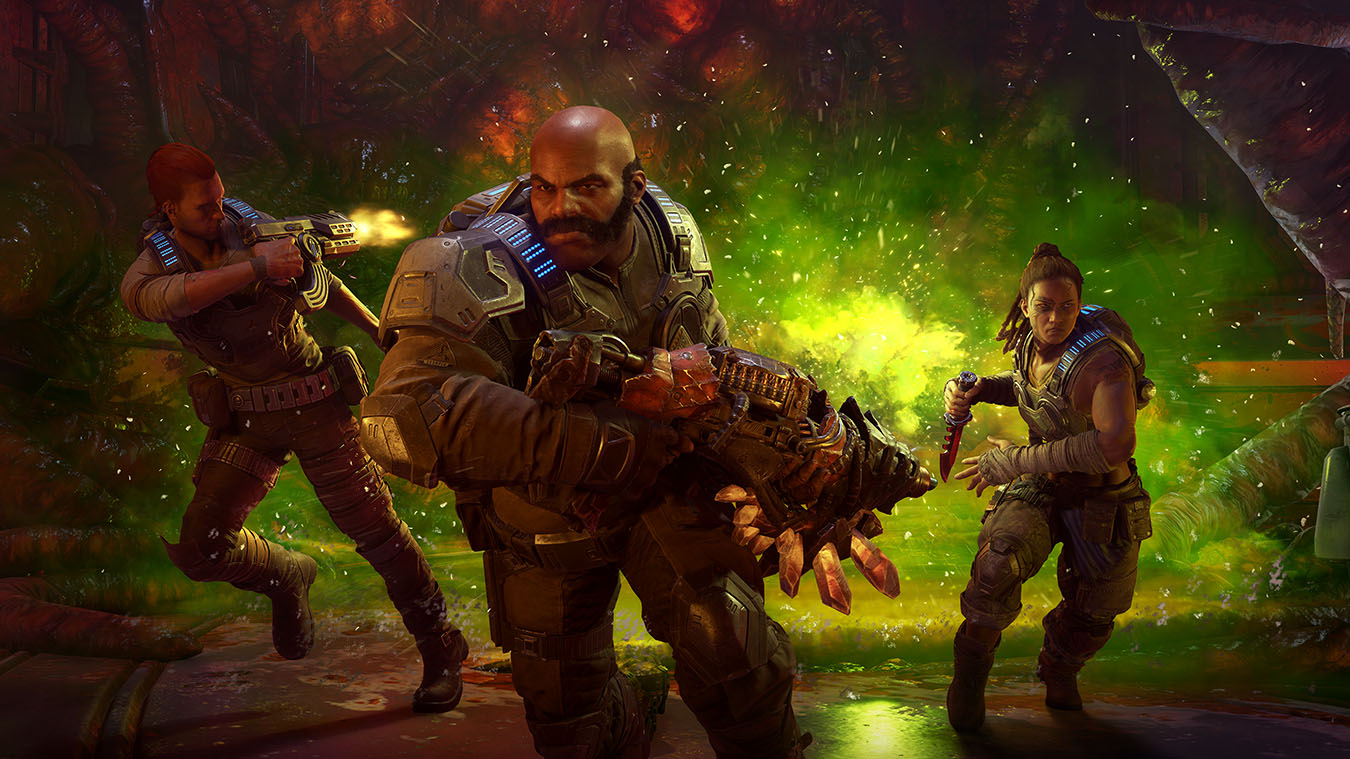It’s been a long time since any livestreaming website or service challenged the dominance of Twitch. YouTube has attempted to cut into the huge market share of Twitch, and has certainly seen significant growth in that area compared to the falling viewership of Twitch, but there’s still a difference in viewing hours between them measured in millions—if not billions. Instead, Microsoft’s Mixer could be the first real challenger to Twitch, and if you want to stream on the service you’ll need the best Mixer OBS settings.
With a major streaming personality such as Ninja vacating Twitch for Mixer, the service is about to receive a real boost, so it’s the perfect time for anyone wanting to dive in and start livestreaming on Mixer. As OBS (Open Broadcaster Software) Studio is probably the biggest free streaming software out there, we thought it’d be useful to have a full guide on how to use it. Here’s how to stream Mixer with OBS, as simple as we can make it.
ALSO: The Dragon Quest Hero Smash Ultimate DLC is the best post-launch character yet
Mixer OBS | What you need to do first
The first and most obvious thing you’ll need to do, if you’re really starting from scratch livestreaming on Mixer, is to get yourself an account on the service. Head over to Mixer’s website and click ‘Sign In’ in the top right, where you can sign in with either your Microsoft account, Twitter account, or Discord account. We personally suggest you have a Microsoft account, as it’s the preferred option, plus you’ll need it to get the various exclusive gaming bonuses (like skins) that Microsoft occasionally puts out.
Next, head on over to the OBSProject website and download OBS Studio. If you want the latest Windows version just click here, and then install OBS Studio on your system. It may be worthwhile looking through the various help and forum pages there for some simple hints on how to use OBS itself. We’ll be focusing on getting it running with Mixer, so you may need to tweak other settings if you’re having more general problems with OBS.
Mixer OBS | Here’s how to configure OBS to work with Mixer

Once you’ve installed OBS Studio, run the program and head to File and then Settings, then open the Stream tab. The good news is that you don’t have to do anything weird to pick up Mixer in OBS, it’s already been installed with the program. Under the option ‘Service’ select “Mixer.com – FTL”—there’s another option called “Mixer.com – RTMP” which we’ll get to later, but ignore it for now. For ‘Server’ select “auto”.
Now it’s time for the most vital part, the Stream Key. This key is the reason you don’t have to login or link your Mixer and OBS accounts or anything like that, but at the same time it’s literally the key to your account. Anyone who has this key will be able to stream to your Mixer account, so don’t share it. Head to Mixer and open your personal Dashboard, then go to the Broadcast tab. At the top you’ll see the option “stream setup” and a blurred box next to it. Open this and you’ll see your current Stream Key. Copy this, head back to OBS, and put it in the box on the Stream settings tab. Then click apply.
Next, move to the Output tab in Settings, and for ‘Output mode’ select “simple”. For the Video Bitrate, this is up to you, but it depends on how powerful your PC is and how fast your internet is. A bare minimum of 2000 or 3000 is a good mix of quality and speed, but you can nudge this up if you wish. You won’t need to go past 7000. Bear in mind that other factors can affect your bitrate, such as Windows settings, and this option is really the max quality you’re looking for. Just because you set OBS to 7000 doesn’t mean you’ll get that.
Click ‘Apply’ to everything and you’ll be ready to stream to Mixer with OBS. You’ll have to configure your game with OBS, your various windows, your webcam, side images, microphone, and whatever else you may want to do on your stream, but in terms of Mixer—just click ‘Start Streaming’ and you’ll be live on Mixer.
Mixer OBS | The best settings for optimal performance

The options we’ve suggested about are the best settings available to get Mixer working with OBS simply, quickly, and looking pretty good. If you’re feeling more confident and have a really decent PC and internet connection, you may want to try some more advance settings to get your stream looking better. Head back to the ‘Output’ tab in Settings, and change ‘Output Mode’ to “advanced”. A load of new options will suddenly pop up.
‘Encoder’ you only need to worry about if you have an Nvidia. The default is set to “x264”, which is fine for the majority of users, but if you have an Nvidia card you may want to try “NVENC H.264” or “Nvidia NVENC”. This doesn’t use the CPU at all and typically offers better quality and latency, although you’ll need a decent Nvidia card to make use of it.
For ‘Rate Control’ turn on “CBR” with padding, and for ‘Keyframe Interval’ select 1-3. A higher number will mean better quality, but it takes a lot longer for viewers to load the stream. You can try upping the bitrate instead if you like, but still don’t go above 7000.
What is the difference between FTL and RTMP?
At the start of this guide you may have noticed we mentioned “Mixer.com – RTMP” under the ‘Stream’ tab in Settings, and advised you not to bother with it. Wherever possible, you’ll want to use FTL, which is Mixer’s own new streaming protocol with extremely low latency. Everyone will have a much better experience if you stick with it, but if you’re having problems you can try the older RTMP protocol instead. It’s got a higher delay between you and your streamers, so you won’t be able to react as fast to comments.
Mixer OBS | How to configure OBS to work with Mixer RTMP

If you’re having problems with the standard FTL service, to get OBS working with Mixer using the older RTMP instead is better than nothing. It still works after all, you just won’t be able to react as fast. Fortunately, it’s fairly easy to setup with OBS, although you may need to find some exact settings instead of leaving it to automatic.
Head to the Stream tab in OBS’s settings again, and change the ‘Service’ option to “Mixer.com – RTMP”. The only other option you’ll probably want to mess around with is the ‘Server’, as you may need to find the one closest to you. Head to your Mixer Broadcast page again, where you picked up the Stream Key, and select ‘Stream Setup’ then ‘Streamlabs OBS’. Just below the ‘Download OBS’ box, and to the left of the new Stream Key option, you’ll see your nearest server. Your country will be first, then your nearest city with a server probably. Head back to OBS and find and select this in the ‘Server’ option.
Click ‘Apply’ to all this and you should be ready to go with RTMP. If you’re still having problems after all that, you may need to lower your bitrate. Otherwise, head to the OBS help page or forums and see if anyone can help you out.











